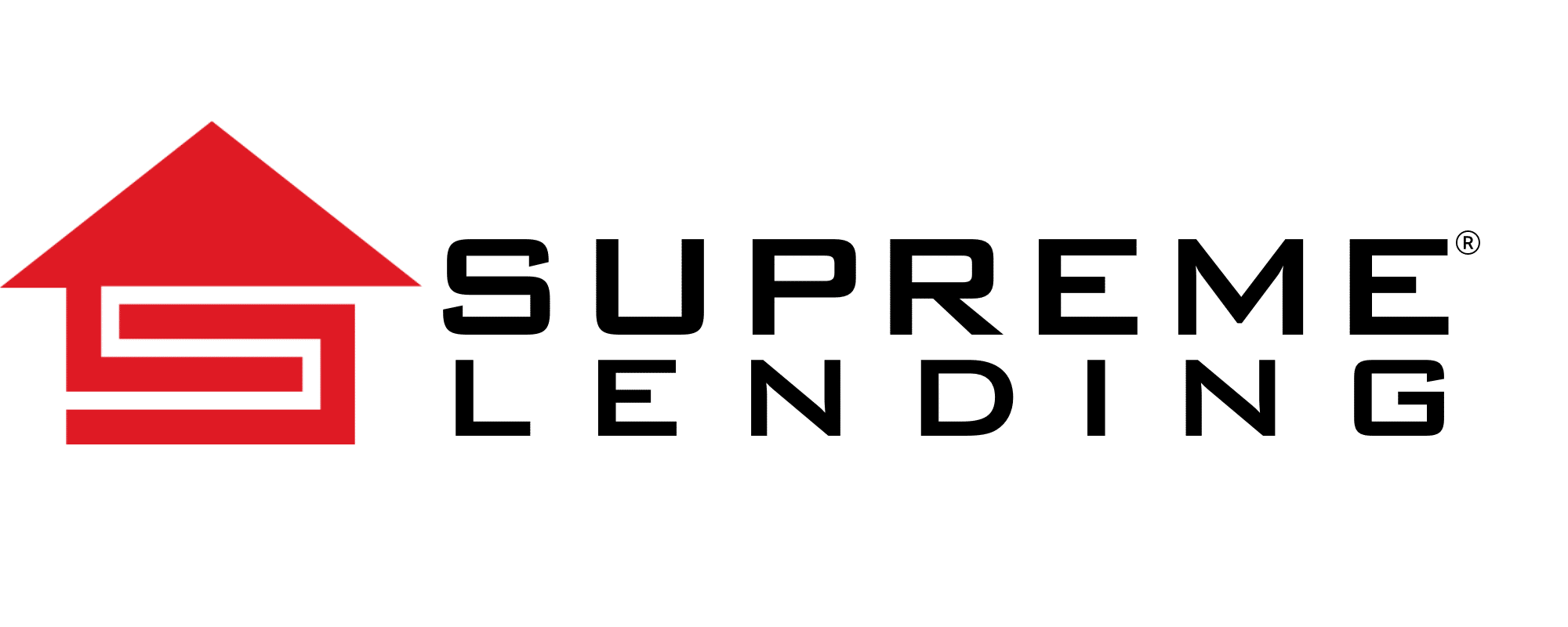
Cash-Out Refinance vs. Home Equity Loan
If you’re looking to reach financial goals or renovate your home in Wilmer, Minnesota, you may be considering a cash-out refinance or home equity loan. Both of these options allow you to use the equity you have accumulated in your home as collateral and borrow against it.
But what is the difference between a cash-out refinance and a home equity loan, and which is right for you? This guide will compare a cash-out refinance against a home equity loan and go over what each is, what the differences and similarities are between them, and when to use each option.
What Is a Cash-Out Refinance?
A cash-out refinance lets a homeowner take out a percentage of the equity in their home in cash with a new first mortgage. A cash-out refinance will pay off the balance that remains on the mortgage and replace it with a new home loan that combines the remaining balance with the amount of equity you are cashing out.
For example, let’s say you still owe $100,000 on your home but it is valued at $250,000. To do a cash-out refinance, it’s typically standard to leave 20% equity, in this case $50,000, in the home. So, your new mortgage would be for a loan amount of $200,000, and you would be able to pocket the $100,000 in equity, minus any closing costs and fees.
Because a cash-out refinance is a new mortgage, you have the opportunity to negotiate different terms, rates, and repayment plans from your existing mortgage.
A cash-out refinance is a solid option for homeowners who have had their mortgage for several years and have built up some equity, or whose home value has increased over the years.
What Is a Home Equity Loan?
A home equity loan is a second loan on top of your existing mortgage that lets you borrow money against the equity you have accumulated. Since this is a separate loan, the terms of your original mortgage are unaffected. A home equity loan results in a lump sum payment, which you will have to repay with a new monthly payment separate from your current mortgage.
In most cases, you are allowed to borrow up to 85% of your equity in a home equity loan, although this is subject to other conditions such as your credit score and current market conditions.
What Are the Similarities and Differences Between a Cash-Out Refinance and a Home Equity Loan?
Both a home equity loan and a cash-out refinance are great ways to tap into the equity you have built in your home. There are many similarities and differences between a cash-out refinance and a home equity loan. Let’s take a look at them.
Similarities
- You get your money quickly. No matter which option you choose, you typically receive your money within 3 business days after closing.
- There are no restrictions on how you spend the money. The money you receive from your equity is yours to spend on anything you want. That can include home renovations, medical bills, or college expenses.
- The loan is borrowed against your home’s equity. A cash-out refinance and home equity loan both use your home as collateral, so you enjoy lower interest rates and other benefits compared to other types of loans.
- Some equity must remain in the home. You can’t use 100% of your equity in either type of loan.
Differences
- A home equity loan is an additional loan on your home, while a cash-out refinance is a new first loan.
- You’ll get better interest rates on a cash-out refinance than a home equity loan.
Both the Cash-Out Refinance and Home Equity Loan options for a homeowner are great ways to raise extra cash for your family. If you’re looking to refinance or take out a home equity loan, it’s important to speak with a mortgage professional in your area. That way, you can get the best deal possible and help to make the decision that is right for you.
Find out more about our programs and processes.


